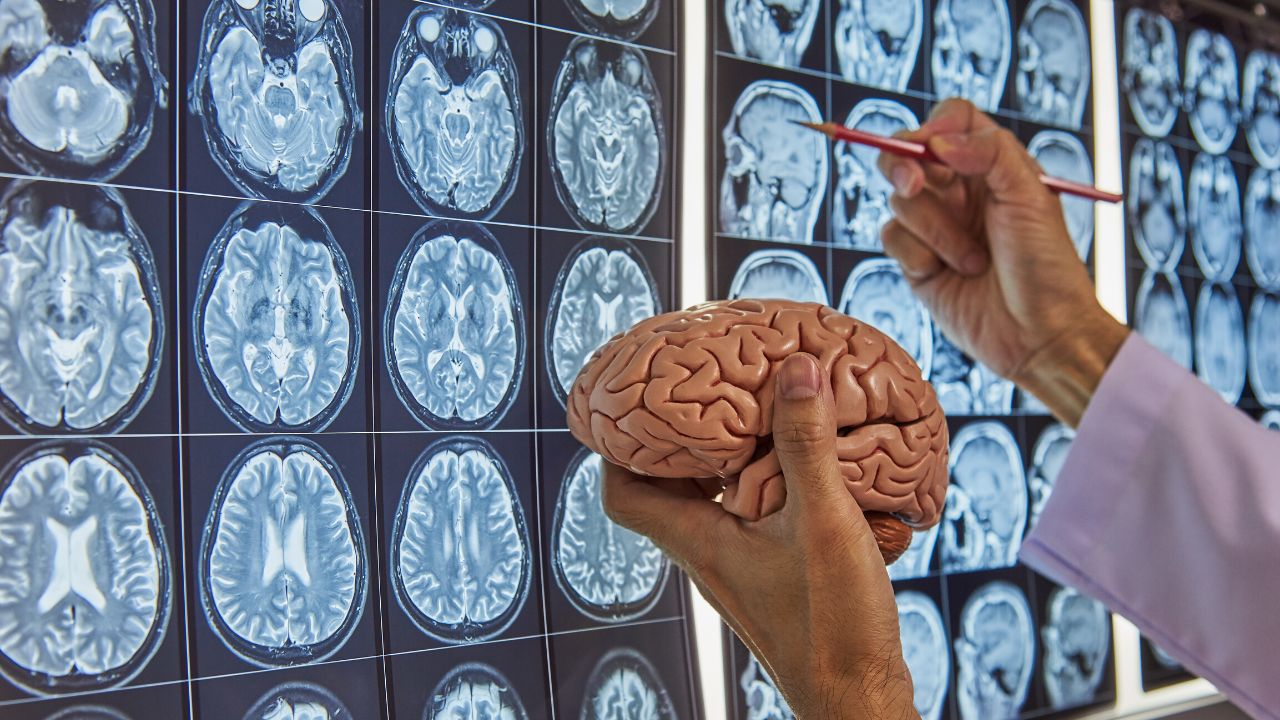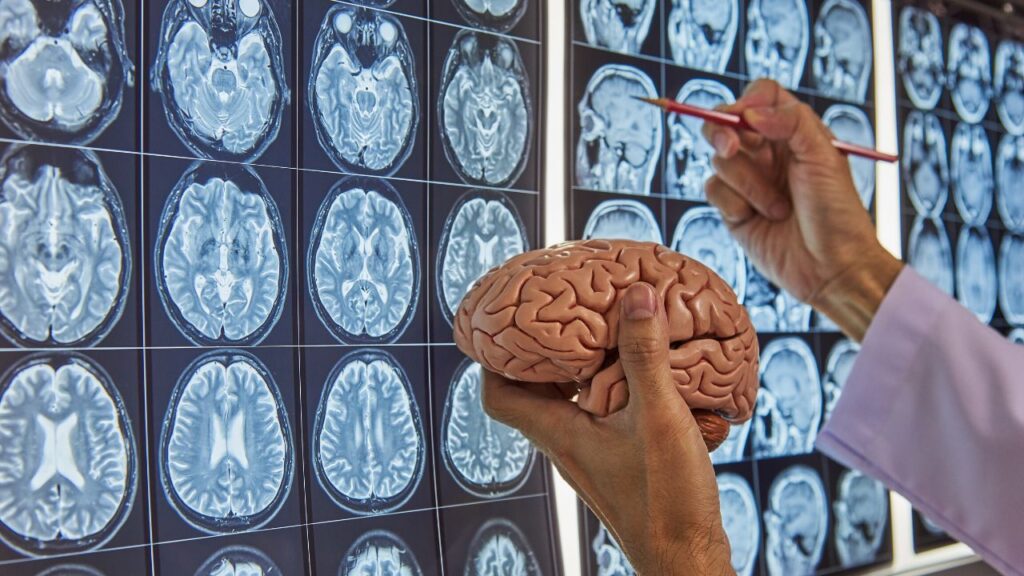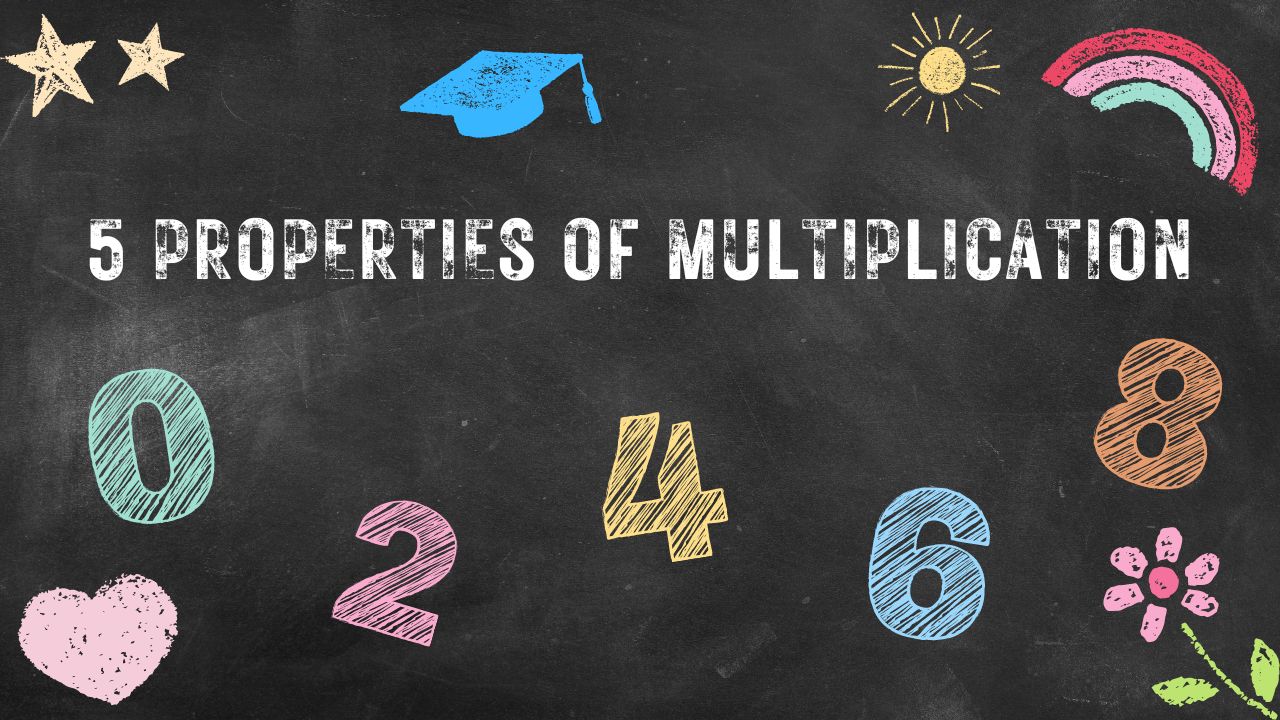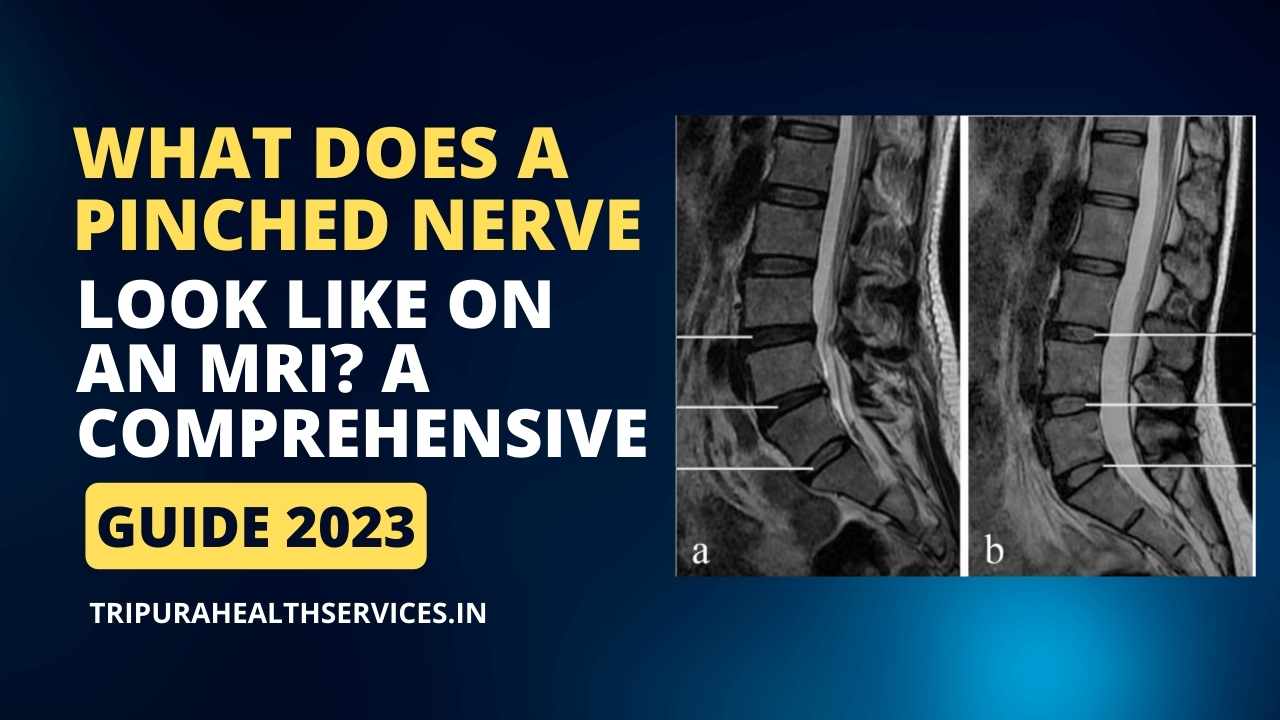Why would I be Referred to a Neurosurgeon after MRI?

There are several possible reasons why you might be referred to a neurosurgeon after having an MRI. Some possible reasons include:
- The MRI showed a brain or spinal cord abnormality that requires further evaluation or treatment. For example, if the MRI showed a brain tumor or a herniated disc in the spine, a neurosurgeon would be able to assess the condition and recommend the appropriate treatment.
- The MRI showed a condition that may require surgery. For example, if the MRI showed a brain aneurysm, a neurosurgeon would be able to perform the necessary surgery to repair or remove the aneurysm.
- The MRI showed a condition that may be causing neurological symptoms, such as weakness, numbness, or problems with balance or coordination. A neurosurgeon would be able to determine the cause of the symptoms and recommend the appropriate treatment.
- The referring physician wants to obtain a specialist’s opinion on the condition or treatment options. Neurosurgeons are specialists in conditions affecting the brain, spine, and nervous system, so a referral to a neurosurgeon may be necessary to get a second opinion or to confirm a diagnosis.
It’s important to keep in mind that having an MRI and being referred to a neurosurgeon do not necessarily mean that you have a serious condition or that surgery is necessary. It’s important to discuss your concerns and any questions you have with your referring physician and the neurosurgeon.

What will a Neurosurgeon do on First Visit?
On the first visit, a neurosurgeon will typically take a detailed medical history, perform a physical examination, and review any relevant medical tests or imaging studies (such as an MRI). The neurosurgeon may also ask questions about the symptoms being experienced and may perform additional tests or procedures to gather more information about the condition.
Why would a Neurologist order an MRI?
A neurologist may order an MRI to help diagnose a variety of conditions that affect the brain and nervous system. These conditions may include brain tumors, stroke, aneurysms, multiple sclerosis, and other neurological disorders. An MRI is a non-invasive imaging test that uses a powerful magnet and radio waves to create detailed pictures of the brain and other parts of the body.
What does a Brain MRI show Dementia?
An MRI of the brain can show changes in the brain that may be related to dementia, such as atrophy (shrinkage) or abnormalities in brain structures. However, an MRI alone is not sufficient to diagnose dementia. A diagnosis of dementia typically requires a comprehensive evaluation that includes a physical exam, cognitive testing, and other tests to assess mental function and assess for reversible causes of cognitive decline.
What does a Neurosurgeon do for Back Pain?
A neurosurgeon may be involved in the treatment of back pain in certain cases, such as when the pain is caused by a structural problem in the spine, such as a herniated disc or spinal stenosis. In these cases, the neurosurgeon may recommend surgery to repair or remove the underlying cause of the pain.
What can a Neurosurgeon do for Nerve Damage?
A neurosurgeon may be able to help with nerve damage in a number of ways, depending on the location and severity of the damage. Treatment options may include surgery to repair or remove damaged tissue, medications to reduce inflammation or manage pain, or rehabilitation to help improve function and mobility.
What does a Neurologist do for Back Pain?
A neurologist may be involved in the treatment of back pain if the pain is caused by a neurological condition, such as a spinal cord injury or radiculopathy (nerve damage in the spine). In these cases, the neurologist may recommend medications, physical therapy, or other treatments to help manage the pain and improve function.
What does a Neurosurgeon do for Herniated Disc?
If a neurosurgeon is involved in the treatment of a herniated disc, it is typically because the herniated disc is causing significant pain, weakness, or numbness that does not respond to other treatments, such as medications and physical therapy. In these cases, the neurosurgeon may recommend surgery to remove the herniated disc or to repair any damage that has been caused by the herniated disc.
Why would I be Referred to a Neurologist?
You may be referred to a neurologist if you are experiencing symptoms that suggest a neurological condition, such as weakness, numbness, problems with balance or coordination, or changes in mental function. A neurologist is a medical doctor who specializes in diagnosing and treating conditions that affect the brain and nervous system. A referral to a neurologist may be made by your primary care physician or by another specialist if further evaluation or treatment is needed.







One Comment